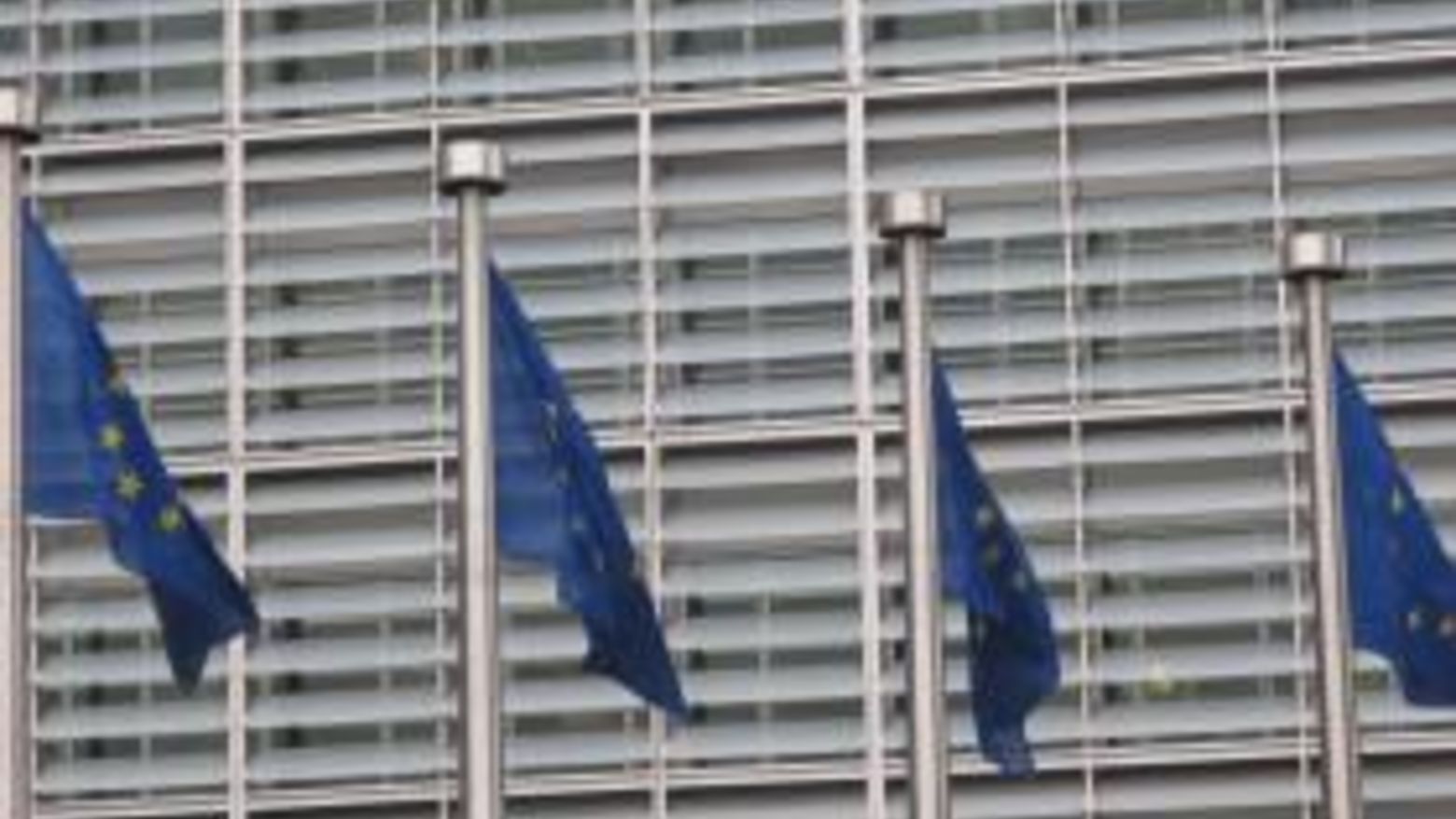A majority of the members of the European Parliament’s Development Committee endorsed on Monday (3 July) an opinion to amend the regulation for the "Instrument for Stability and Peace" (IcSP), one of EU’s key external aid instruments that had been established in order to strengthen civilian approaches to crisis prevention and peacebuilding. Thirteen MEPs voted in favour, eight parliamentarians were against and one abstained.
Four MEPs representing different political groups - Heidi Hautala (Greens/EFA, Finland), Paavo Väyrynen (ALDE, Finland), Lola Sánchez-Caldentey (Spain, Podemos) and Ignazio Corrao (Five Stars, Italy) – who rejected the amendments expressed their opposition in press comments. They criticized both, the idea to finance training and capacity building for military institutions in partner countries through the general budget of the EU, and the idea to use development cooperation funds for these purposes. Paavo Väyrynen, Deputy Chair of the Development Committee, had presented an opinion in reaction on the Commission’s proposal, aiming to tie the IcSP funding policy to the development criteria of the OECD (DAC Criteria). But this idea was not carried by a majority of the committee, in particular not by the dominating European Peoples Party and the Social Democrat Group. The opposing MEPs (Hautala, Väyrynen, Sánchez-Caldentey, and Corrao) see the Commission’s plans for IcSP-revision as a clear step towards militarising the EU’s development policy. They demand that a clear line should be drawn between development funding and budgets for security policy.
The trend to blur these lines is not new (there have also been initiatives to revise the OECD-DAC-criteria accordingly), but it has never before been expressed so bluntly. The idea to fund so called "Capacity Building for Security and Development" or training and equipment for armies in partner countries has been strongly pushed by several member states in early 2016 (Germany took a leading role here, together with Belgium, France, Italy, the Czech Republic, Finland, Luxemburg, the Netherlands, Portugal and Spain), and by the European Commission.
The legal basis remains contested
However, the legal situation remains unclear. Until recently, there was a clear understanding that according to EU treaties, expenditures arising from operations related to military or defence purposes cannot be charged from the Union’s budget. The legal services of the EU Commission, Council and Parliament expressed diverging opinions regarding the plans for IcSP-revision, and have not been able to clarify the situation so far. While the Council's legal service issued a skeptical statement, the other services expressed contradictory positions. Heidi Hautala points to manipulations of the law and denounced attempts by the EU institutions’ legal services aimed at circumventing EU treaties in a contribution for EURACTIV (July 4). “There has been a complete U-turn in the interpretation of the applicable legal basis”, Hautala writes. “Originally, in March 2015, the firm view of the Commission’s legal service was that cooperation with security and military actors cannot be carried out under the legal framework of development cooperation. Instead, this should be conducted by the member states in their common foreign and security policy (CFSP) framework, through a budget provided by the member states themselves and not from the EU’s budget. One year later, in May 2016, their analysis went even further, stating that ‘the Treaties have not provided the necessary powers to finance the military of third countries’. However, in 2017 their legal analysis had been overturned, stating that the proposal finds appropriate ways for the EU budget to contribute to capacity building for security actors, the military included, in partner countries.”
The opposing MEPs announced that they would continue to defend the principles of development policy with poverty eradication at its core. They also made it clear that capacity building for military actors abroad needs to be implemented through other instruments, based on an appropriate legal framework and accountability mechanism, and it needs a strong civilian monitoring and parliamentary oversight.
The European Parliament's foreign affairs committee (AFET) will vote on the IcSP amendment next week on 11 July.





